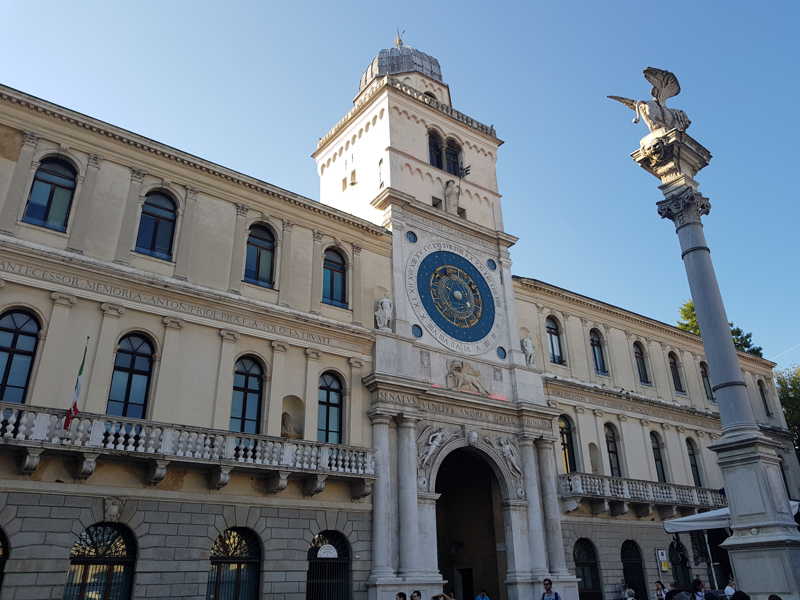Discover the captivating journey through the ages with our enthralling compilation of 21 intriguing facts about Athens. Let’s delve into the secrets of the Greek capital.
A Living Legacy: Athens has been inhabited for over 4000 years, making it continuously settled for millennia. To put it in perspective, this history predates Columbus’s “discovery” of the New World by over 600 years.
Europe’s Oldest Capital: Athens is Europe’s oldest capital city, dating back to antiquity. Compared to this ancient city, Rome, Madrid, and Lisbon are mere newcomers.
Named After a Goddess: The city is named after Athena, the goddess of wisdom, courage, and civilization. Legend has it that her gift of an olive tree won her the honor of being the city’s patron.
Architectural Kaleidoscope: Athens boasts a rich architectural tapestry spanning centuries, from the classical pillars of the Parthenon to modern, cutting-edge designs, showcasing everything from Greco-Roman to Neoclassical and Contemporary styles. Birthplace of Democracy: Athens is renowned as the birthplace of democracy. In around 500 B.C., it introduced a democratic form of government, a radical concept at a time when empires and monarchies reigned.
Experiencing Every Government: Despite its democratic legacy, Athens has witnessed various forms of government throughout its history, including monarchies, socialism, communism, and capitalism. Not Always the Capital: Surprisingly, Athens wasn’t always the capital of modern Greece. Nafplion, located in the Peloponnese, held this distinction until Athens became the capital in 1834. The Royal Era: Athens started as a kingdom, with King Otto and Queen Amalia as its first monarchs. The monarchy lasted until 1973, leaving a legacy seen in iconic landmarks like Syntagma Square. UNESCO Treasure: Athens is home to one of Greece’s 18 UNESCO World Heritage Sitesthe Acropolis, a remarkable complex dedicated to the city’s patron goddess, Athena. The Golden Age: Athens reached its zenith in the 4th Century, between the Persian and Peloponnesian Wars, leading to the construction of its most iconic landmarks: the Acropolis, Parthenon, Erechtheion, and Temple of Athena Nike. Not the Highest Point: The Acropolis, despite its name, isn’t the highest point in Athens; that distinction belongs to Tourkovounia, which stands at 373 meters (1,223 feet). Nevertheless, the Acropolis offers a breathtaking view of the city. The Areopagus in the Bible: Athens is mentioned in the Bible when the Apostle Paul delivers a discourse atop the Areopagus, also known as Mars Hill, an ancient forum for public debate. The Theater Capital: Athens is home to more theaters than any other city, with nearly 150 venues across the city, showcasing everything from tragedy to comedy. Not the Birthplace of the Ancient Olympics: While Athens is synonymous with Greek culture, it was not the birthplace of the ancient Olympic Games; that honor goes to Olympia. The Marathon Origin: The modern marathon race’s distance (42.195 kilometers or 26.2 miles) is attributed to the legend of a courier named Pheidippides, who ran from the Battle of Marathon to Athens to deliver a message and promptly collapsed. Record-Breaking Heat: Athens holds the record for the hottest temperature ever recorded in Europe, with a scorching 48 degrees Celsius (118.4 degrees Fahrenheit) on July 10, 1977. The Sunniest European City: Athens is famous for its abundant sunshine, with an average of only five rainy days during winter and even fewer in summer. The First European Capital of Culture: Athens was the first-ever European Capital of Culture, an honorary title bestowed by the European Union. A Seafood Lover’s Paradise: Athens is a haven for seafood enthusiasts, with its historical Varvakios Market offering a bounty of fresh seafood daily. Europe’s Largest Passenger Port: The Port of Piraeus, serving Athens, is Europe’s largest passenger port and a bustling hub for cruises to the Greek Isles. The Philosophical Epicenter: In the 4th Century, Athens thrived as a center for Greek philosophy, with luminaries like Plato and Aristotle founding their famous academies here. The Lyceum of Aristotle’s ruins still stand today. This list of captivating Athens facts has unveiled the enchanting layers of this ancient city, revealing its rich history and cultural significance.













